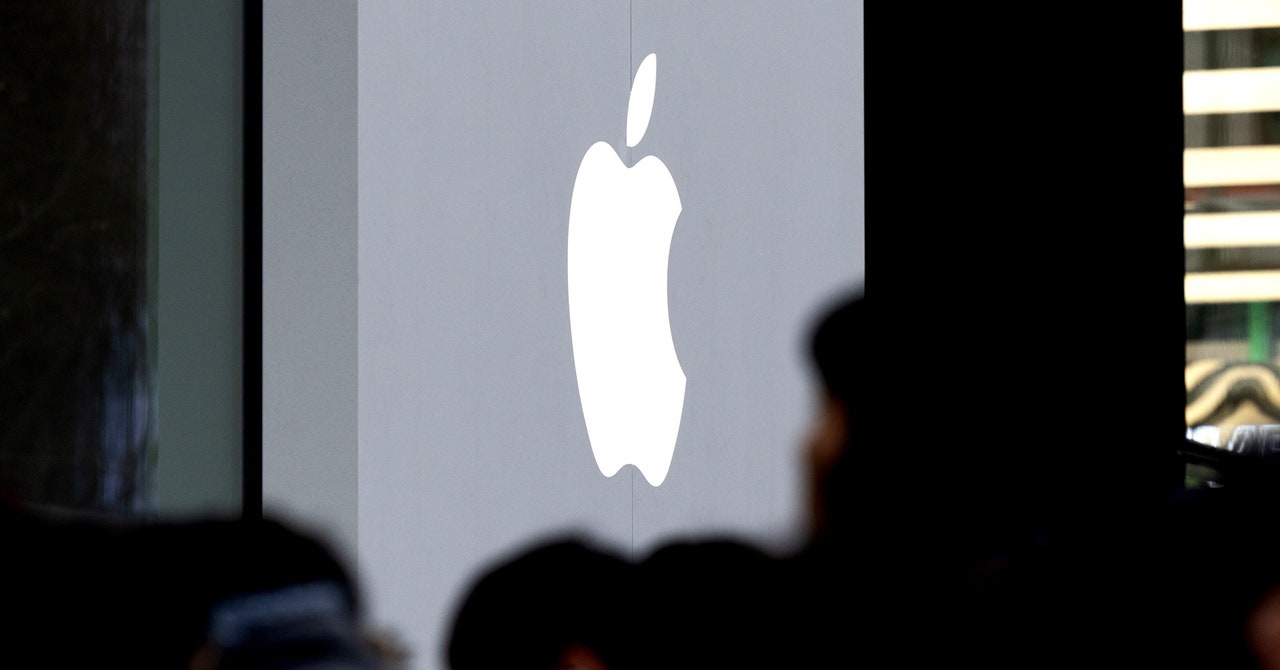The US Department of Justice, along with 16 state attorneys general, has filed a lawsuit against Apple that takes direct aim at the iPhone and the company’s lucrative iOS ecosystem.
Claiming that Apple had established an “iPhone monopoly,” the suit argues that the company’s allegedly anticompetitive behavior resounds well beyond smartphones themselves. It cites financial services, fitness, gaming, media, and more as industries affected by Apple’s “walled garden” approach.
“This case is about freeing smartphone markets from Apple’s anticompetitive and exclusionary conduct and restoring competition to lower smartphone prices for consumers, reducing fees for developers, and preserving innovation for the future,” the suit claims.
Apple’s App Store has been a particular point of contention for years. The company has faced legal challenges, most notably from Fortnite developer Epic, over both its restrictiveness and the fees it charges developers for in-app purchases. The App Store is a focal point of the suit, a key component of the allegedly anticompetitive “moat” the company has built around its products.
The suit directly seeks to prevent Apple from “using its control of app distribution to undermine cross-platform technologies such as super apps and cloud streaming apps, among others;” stop the company from “using its control of app distribution to undermine cross-platform technologies such as super apps and cloud streaming apps, among others;” and end Apple’s alleged practice of “using the terms and conditions of its contracts with developers, accessory makers, consumers, or others to obtain, maintain, extend, or entrench a monopoly.”
“This lawsuit threatens who we are and the principles that set Apple products apart in fiercely competitive markets,” Apple said in an emailed statement. “If successful, it would hinder our ability to create the kind of technology people expect from Apple—where hardware, software, and services intersect. It would also set a dangerous precedent, empowering government to take a heavy hand in designing people’s technology. We believe this lawsuit is wrong on the facts and the law, and we will vigorously defend against it.”
Antitrust enforcement has been a key focus of the Biden administration. In 2021, the White House issued an executive order meant to encourage stronger enforcement of existing antitrust laws via the Federal Trade Commission and Justice Department, and created the White House Competition Council. “Polls show that the public is truly concerned that the federal government should do more about the power of monopolies in order to make the economy more fair and competitive,” Timothy Wu, former special assistant to the president for technology and competition, said in a speech in November 2021.
This is a developing story, please check back for updates.
Additional reporting by Andrew Couts.









